His portfolio has included NEW ORDER, DEPECHE MODE, PET SHOP BOYS, JOHN FOXX, BLANK & JONES, WESTBAM, MARSHEAUX, THE KVB, NOBLESSE OBLIGE, KOISHII & HUSH, QUEEN OF HEARTS and many more.
Mark Reeder is the jovial Mancunian who ventured over to Germany in 1978 in search of electronic music records and never returned home, eventually settling in West Berlin.
Immersing himself in the local art and punk scene, he arranged JOY DIVISION’s now legendary gig at Kant-Kino, managed MALARIA! and was Factory Records representative in Der Bundesrepublik.
On Mayday 1982, he paid a visit to the DDR and while taking photos of the grand parade in East Berlin, he was arrested by the STASI and taken in for interrogation, under suspicion of working for M16. Unable to draw any conclusions, other than he was trying to corrupt the youth of East Germany with pop music, the East German Secret Police marked his file ‘Subversiv-Dekadent’.
The experience inspired Reeder’s most recent double album named after his STASI classification. Comprising of productions and remixes made by himself and his engineer Micha Adam, it celebrated his cross-border artistic ethos and also included collaborations with the likes of Fifi Rong and Alanas Chosnau, as well as solo work on which he lent his own spoken voice.
The two high profile centrepieces of ‘Subversiv-Dekadent’ focus on Reeder’s reworkings of NEW ORDER’s first new single since 2015 ‘Be A Rebel’ and YELLO’s evergreen ‘Vicious Games’. But room is also given to newer acts such as the Dutch-based American BIRMINGHAM ELECTRIC, Manchester’s MFU, DEER Mx from Mexico and hailing from the Chinese city of Chengdu, STOLEN who opened for NEW ORDER on their 2019 European tour.
Another NEW ORDER support act Zachery Allan Starkey makes appearance via a remix of ‘Coked Up Biker Anthem’ which saw Reeder realise some of his mad axeman fantasies having grown up as a fan of Jimi Hendrix. But accepting ELECTRICITYCLUB.CO.UK’s invitation to play a round of Vintage Synth Trumps, Mark Reeder kindly chatted about his love of classic synthesizers and how they have been used throughout his career.
Ok, our first card is the Roland SH7…
I’ve seen one but never had one, I had an SH9 which I used at the end of DIE UNBEKANNTEN and the start of SHARK VEGAS. In fact, the bassline of ‘You Hurt Me’ which we released on Factory in 1984 was made with an SH9. They were very similar kinds of synthesizers but the SH7 had a few extra features. I actually played the bassline of ‘You Hurt Me’ by hand all the way through for six minutes non-stop, it wasn’t a sequencer! If you made a mistake, there was no way of going back and you had to start again! *laughs*
What was the drum machine you were using at the time?
We had an 808 and a 606…
And the next card is an Oberheim 2 Voice…
I never knew anyone who could afford Oberheim stuff until it became more affordable in the late 80s, no-one I knew had the 2 Voice. But the OBXs was really good, you could do some great things with them but the earlier ones weren’t readily available, so you didn’t really see anything you could buy… no-one had any money in Berlin in the 80s! A Prophet 10 would be like 10 years wages! *laughs*
So, when you were conceiving ‘Subversiv-Dekadent’ which was a reference to that time in 80s Berlin, and your cover photo of the May Day parade and your STASI file, did you select a palette of specific vintage synth sounds to work with?
I’ve always worked like this, when I started to get back into actually making music again, as more of a remixer and producer than before, I had this idea that I only wanted to have a small selection of things that I could draw from to maintain a particular sound. I made my own drum kits, three different kinds and I would interchange within each one.
So, I might have three different claps but I’d put two together and manipulate them to create another type of clap sound. So, the sounds are all drawn from the same three basic kits and say with a snare, I might add another instrument into that snare mix, but it’s all the same block if you like.
It’s the same in a way with synthesizers as well, I don’t have loads, and I keep it reasonably contained. If you have too many, you end up spending too time trawling through thousands and thousands of sounds, but if you have a limited amount of possibilities, then you have to be creative within those few things. I’ll take pads off one synthesizer and put the dirt in from an MS20 underneath, and it will change the sound of the pad. And if you put that through a chorus, it will automatically give that a different sound.
I’ve not got loads of synthesizers in the studio, but we’ve got quite a few. We’ve got quite a few plug-ins too, initially I was a bit dubious about them, but meanwhile a few of them are really quite good and very useful…
Do you have a favourite of the plug-ins?
Well, we’ve got Omnisphere which we use regularly, as I find it’s got a few sounds which I’ll always use and they’re easy to manipulate, but they’re always the same basics. I think I always choose the same couple of sounds *laughs*
We’ve got an ARP plug-in and that is quite good and an EMS one because I could never afford a real one. I’ve got a plug-in version of the Roland SH101 but having the original thing is different, it has a totally different feeling to it. It depends what you want to do with it. The plug-in doesn’t come near, but it has its own sounds that are useful. I have a Juno 106 and my studio partner Micha Adam has a plug-in 106 and a boutique version, although it’s similar in certain sounds, neither sound like a real 106. But each has features that the real 106 doesn’t have, like the arpeggiator or the delay, so you kind of mix them all together, that’s how I work.
What was your approach to reworking ‘Vicious Games’ by YELLO from 1985 for ‘Subversiv-Dekadent’?
The original track was like “I’ve got a sound sampler and I’m gonna show you how to use it” so it’s like all these ideas together and a vocal connecting everything. When YELLO sent me the parts, I realised there were more vocals recorded than used on the track and I thought it was a shame that this track of idea wasn’t actually a song. So, I reworked Rush Winter’s wonderful vocals into a song, to give it a definitive verse-chorus-verse-chorus structure, like a 21st Century version of an 80s song.
I used the Oberheim OBX and Juno to make the pad at the beginning and made it more song structured. I looped the guitar part so that it became a groove. People have come up to me and said they love the Donna Summer ‘I Feel Love’ bit that I added, but it’s in the original track, it’s just that you can’t hear it because it’s mixed down so much within the track. You don’t really get to experience that part, so I thought it would be nice to feature that as the break, so I cannibalised the original.
What did Boris and Dieter think of it?
They love it, Boris said I was very daring for changing their song so much and not make it sound like their original, but it does! You can hear I’ve used as many of the original parts as possible but I’ve rearranged it completely.
So, we go from you remixing ‘Vicious Games’, an old YELLO track to remixing a brand new NEW ORDER song ‘Be A Rebel’…
As with all my remixes, I like people to be able to recognise the song, I don’t want to take some unused backing track and just drop in some vocals, to me that’s not a remix. I take all the parts I require from the original song and rework them so that they will fit my groove. The idea was make the Elektron bassline more pulsating, give a driving feeling to it.
The first mix I made was the Cheeky Devil one, which appears on ‘Subversiv-Dekadent’ that I made more for the elderly semester of NEW ORDER fans that don’t like the techno side. I know people who will get a remixes CD or vinyl and they’ve got techno versions of the track that they love, but they can’t get their heads around it. I thought I’d do one which had a “ploddy” kind of feel that’s not so fast even though it’s exactly the same tempo, one that chugged along and put more emphasis on the vocals.
For the Dirty Devil remix for the NEW ORDER release on Mute, I wanted to make it so that Bernard could listen to it in his car while he was on the motorway, more driving and I must confess I prefer this remix to the one I did for ‘Subversiv-Dekadent’ but that chuggy version had to work within the framework of my album. I just changed the volume of a few things within the mix like the loudness of the hi-hats in the Elektron driving version.
You actually added some guitars into your remixes of ‘Be A Rebel’ which aren’t on the NEW ORDER original?
There was initially no bass guitar on the original version. There was a guitar, but it was all quite jangly… that style kind of slowed my track down, so I played what I needed… in fact my guitar mirrors Bernard’s vocal quite a lot. I thought I’d play a melody on the guitar like a sequence… some people thought it sounded like the ghost of Hooky’s bass, but it’s my Les Paul playing that and some power chords to embellish the end.
So what’s your guitar playing like compared with your keyboard prowess?
That’s equally as cr*p! *laughs*
Time for another card and it’s a Prophet 10…
I don’t know anybody who owned a Prophet 10. Susanne Kuhnke from MALARIA! owned a Prophet 5 but I only ever saw a Prophet 10 in a music shop and you weren’t allowed to touch it!
By the time when you supported NEW ORDER as SHARK VEGAS in 1984, they would have swapped their Prophet 5s for Octave Plateau Voyetras?
Yes, they’d just got it. A few years before, Bernard had got an ARP so he gave me his Transcendent 2000…
Did you ever do anything useful with the Transcendent 2000?
It just makes a noise! It doesn’t make any kind of like sounds that your granny is going to like! It goes “KKKKHHRRRKK” or “TSCHHHHHH”, it’s a noise synthesizer, white noise, pink noise! A Wasp you can kind of play but the Transcendent didn’t make any keyboard notes. All the crazy “TSCH-TSCH-TSCH-TSCH” noises you hear on the JOY DIVISION records were made by the Transcendent *laughs*
On your albums, you like to do new collaborations and on ‘Subversiv-Dekadent’, you worked with Fifi Rong who has a connection with YELLO…
I met Fifi Rong at a YELLO gig in Berlin. She told me she was playing a gig in a small bar the next evening and invited me. She was absolutely mind-blowingly good and she explained what each song was about, it was very endearing. I thought she was so talented, she’s very hands on and so determined.
I thought it would be nice to work with her to give her another platform other than YELLO. You could hear that she has an interesting voice with that high Asian tone. So, I remixed ‘Future Never Comes’, that was such a nice track and as I was doing that, I had another track that I asked her to do a vocal on. I didn’t hear anything from her for about 3 weeks and then she sent me this track that became ‘Figure Of 8’. I decided to start and close ‘Subversiv-Dekadent’ with Fifi because I felt she deserved to have those important positions within the framework of the record. She’s been working on her own new album for 2 years and it’s finally getting there, it is an interesting record, a really nice album, I think she’s done really well and got the right ambience.
And the next card is a Yamaha CS30…
I must confess I always found Yamaha gear to be interesting but very cold. I have a TX module which is like a DX7 and has all the sounds, which I’ve had for decades… it’s a limited thing. I don’t use it much, only for specific things like if I want a hard tone filtered in with something else to give it a colder edge. I never bought an actual DX7 because it was too complicated to programme. It had bits like marimba sounds that sounded good, but everyone had one, as it was the first big affordable synthesizer back in the 80s. Everyone dumped their analogue synths for a DX7 and I’m thinking WHY!?!
The DX7 sounded super modern and dead professional at the time, but I didn’t get my module until very late when nu-beat and acid house started, it made a slappy kind of hard bass sound that fitted.
Did you get into Akai samplers at all?
I had an Akai S900, I was talking to Micha Adam about them just the other day and how they were the best thing on the market at the time with the longest sampling time. I had a Roland sampler which had an expanded sampling time of 2 seconds! And then there was the Ensoniq Mirage which had its own 30 second samples but when you tried to sample something yourself, you only had a small amount of time. And then came the Akai S800 and that had 20 seconds!! *laughs*
The Akai S900 cost a fortune and was so complicated, there was a lot of fiddling around, twiddling knobs and pressing things! It had a manual the size of the Holy Bible and they knew no-one was going to read this thing, so it came with a VHS video cassette so that you could watch how to programme the thing! It was a really good tool to use once you got used to it and sounded good compared to the others. But then the Akai S1000 came and that had 90 seconds of sampling time which was amazing! I did a couple of remixes in the 90s with the Akai, one for Nina Hagen of ‘Du Hast Den Farbfilm Vergessen’… she hated it! It never came out! *laughs*
How did you put together your 13 minute epic ‘You Can Touch Me’?
That was an idea that’s really three tracks in one and it kind of went on and I thought I’d better stop it at some point! *laughs*
It was originally born from an idea for an album, that had a great underlying groove and I took a snippet from an Eiven Major track to use as a loop in the techno part of the track. I like taking a track that will morph from one thing and end up as another. ‘With You Can Touch Me’, it became that. It starts off very sexual, dark and mysterious… it’s like when you meet someone for the first time, you go through the actions of foreplay and it gets to the climax, the song is a bit like that, very Wet & Hard! It goes into the lyric where “you can’t touch me” and at the end, it goes into this mad techno thing. I’m not a singer, but for that track, it fitted and it sounds alright. I couldn’t find anyone else who wanted to do it to be honest.
I made it just so I could play it in clubs, mostly the DJ who plays after me is usually a techno DJ so I wanted to give them something at the end of my set that they can mix into. It’s my closing track and it’s so long, I can pack all my stuff away while it’s playing and the DJ after me can either let it play out or mix into it. *laughs*
The final card, it’s an EDP Wasp!
I never actually owned one, I borrowed a Wasp, Mijk van Dijk had a Wasp. It’s a bit like the Transcendent, but it has more tone and easier to use. I never recorded anything with it, I just messed around with it, it was quite good. You could mix it with other sounds to add some grit.
You’re working on the debut album of BIRMINGHAM ELECTRIC who are on ‘Subversiv-Dekadent’ with your remix of ‘How Do We End Up Here?’?
We’ve been working on quite a lot of songs together and they’ve become an album. It’s a synthpop album in its own way, Andy Evans has got a very distinctive voice that colours the music and gives it his own edge. It’s not dissimilar to how I work with Alanas Chosnau, but I try to keep Alanas’ song ideas directed towards his kind of sound, if you know what I mean. I’m also working on a second album with him. I keep them separate, but as I use the same kind of sounds, there is always this “me” thread running through the music.
When you’re writing songs with people, you have gaps while they’re figuring out their part, especially when having to do it online, so you can use the time to work with somebody else. So for example, I’m doing something with Andy and when there’s a break, I’ll do something with Alanas in between. I’m quite happy the way the BIRMINGHAM ELECTRIC album has turned out, it’s been quite a nice project.
What’s happening with STOLEN at the moment?
STOLEN have gone from being “a band to watch” to playing headline gigs in China now. Since the pandemic, their career has had a meteoric rise, as no Western artists are allowed to play in China at the moment, so promoters have been forced to look at their home-grown talent and have realised they actually have some really good and interesting bands there.
With STOLEN having opened for NEW ORDER on their 2019 European tour, it boosted their credibility enormously back home and has added to their attraction, so now they’re performing at festivals to 25,000 people. They’re playing a gig virtually every week and in between, they’re trying to write and record another album. So, they’re sending their parts to me too, that means I’m doing three albums parallel!
I guess whoever’s gets finished first will get released first! But it’s a lot more difficult not having them in the studio, because if they were there in person, you can bounce ideas off immediately. And the time difference with someone in China and being in Europe isn’t easy, usually when they’re in the studio, you’re going to bed! It’s a bit complicated! *laughs*
I want to make everyone happy, but I also like a challenge. When it all fits, it can be very rewarding.
ELECTRICITYCLUB.CO.UK gives its sincerest thanks to Mark Reeder
‘Subversiv-Dekadent’ is released as a download double album, available from https://markreedermfs1.bandcamp.com/album/subversiv-dekadent
Mark Reeder’s Dirty Devil Remix of ‘Be A Rebel’ features on the NEW ORDER double 12” clear vinyl EP and expanded CD collection released by Mute Artists also featuring mixes by Arthur Baker, Stephen Morris, Bernard Sumner, Maceo Plex and Paul Woolford
A one hour long Operating//Generating special on Mark Reeder is broadcast for 4 weekends from Saturday 4th September 2021 at 1800 CET on laut.fm at https://laut.fm/operating-generating
https://www.facebook.com/mfsberlin
https://www.facebook.com/markreedermusic/
https://twitter.com/markreedermfs
https://www.instagram.com/markreeder.mfs/
https://open.spotify.com/artist/1n7yJzVVfUO2MiQskjmzqW
Vintage Synth Trumps is a card game by GForce that features 52 classic synthesizers available from
https://www.juno.co.uk/products/gforce-software-vintage-synth-trumps-2-playing/637937-01/
Text and Interview by Chi Ming Lai
1st September 2021

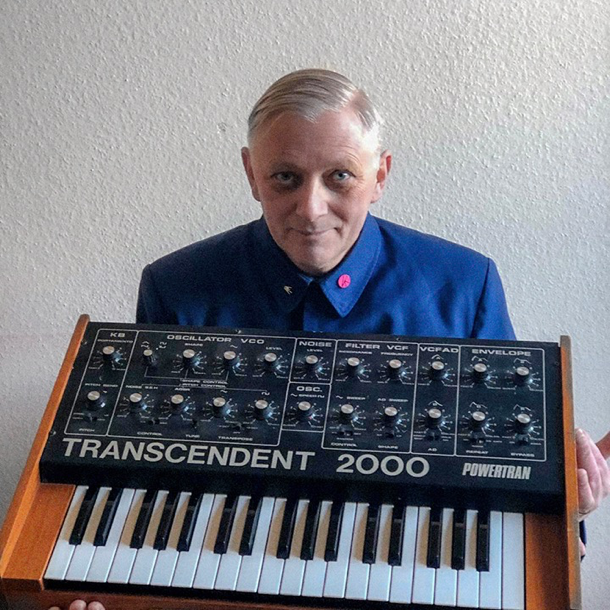
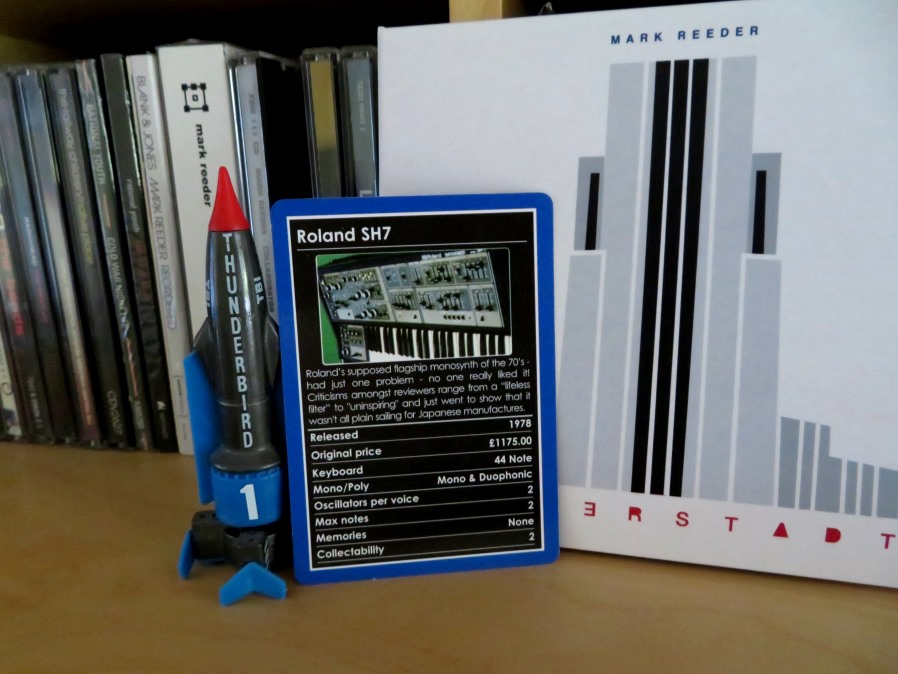


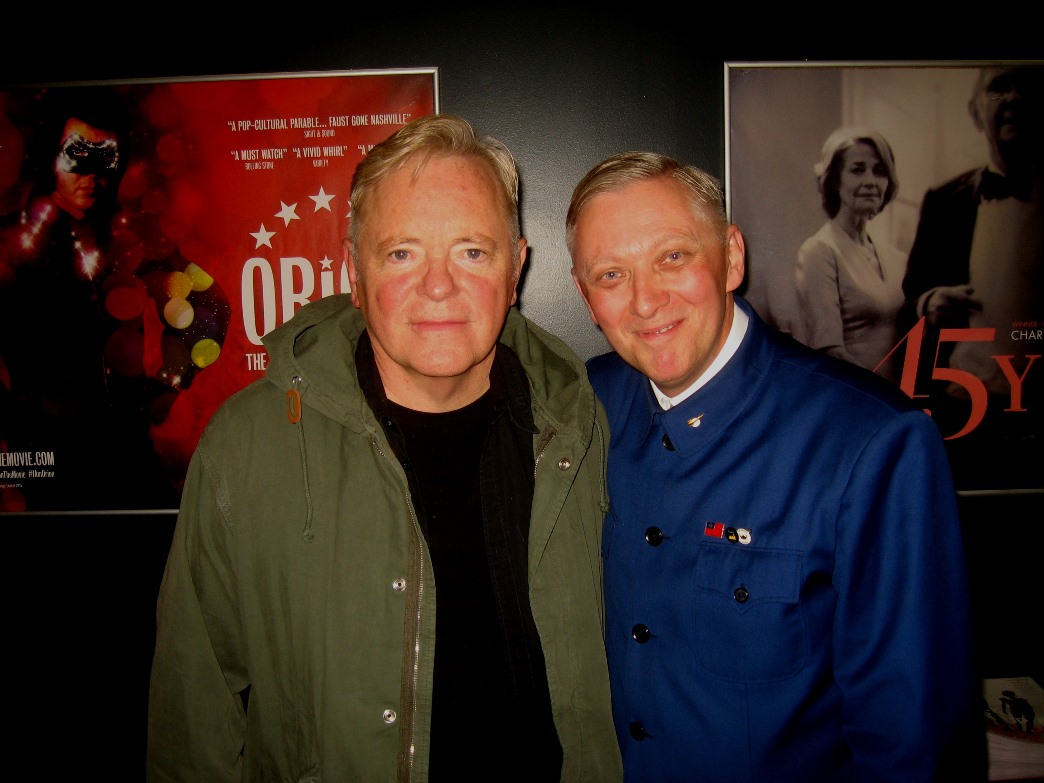
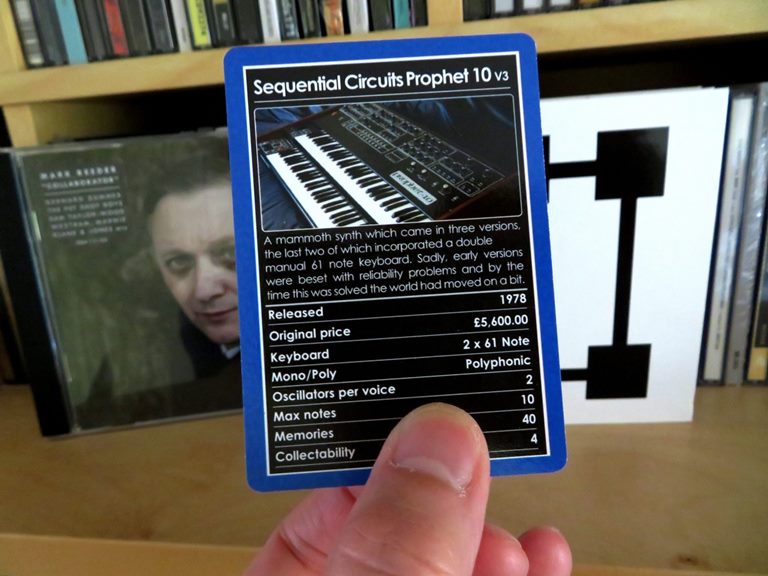


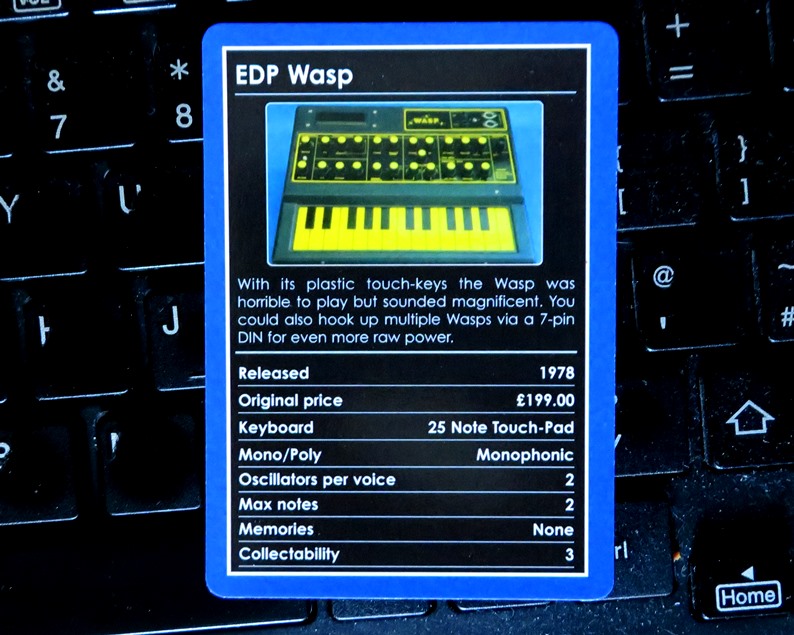
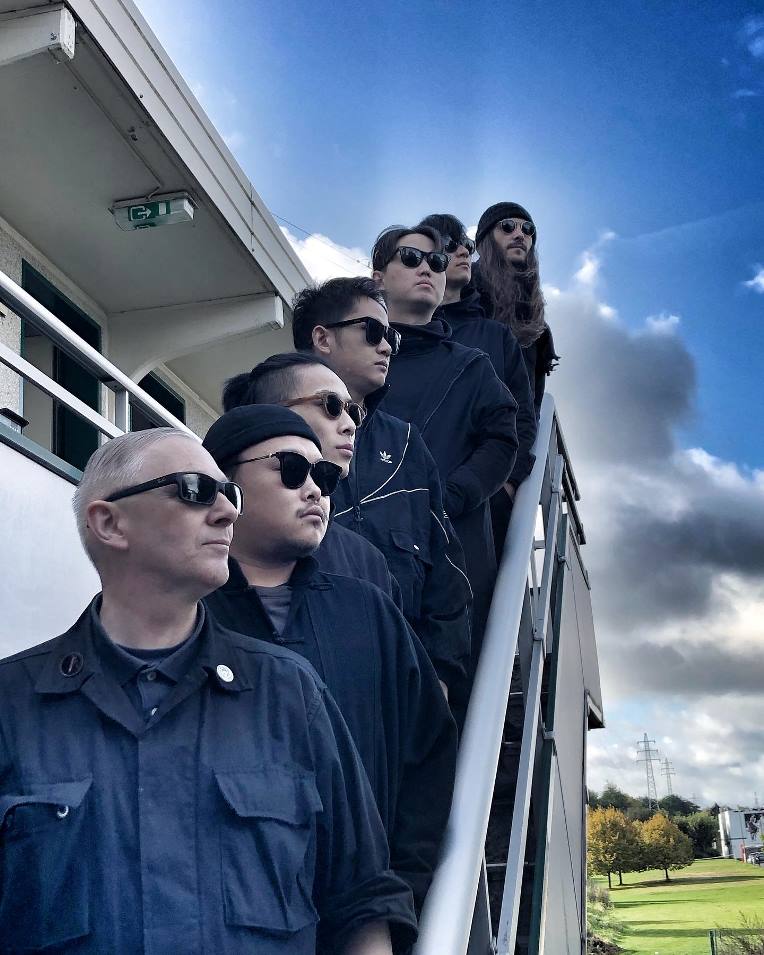
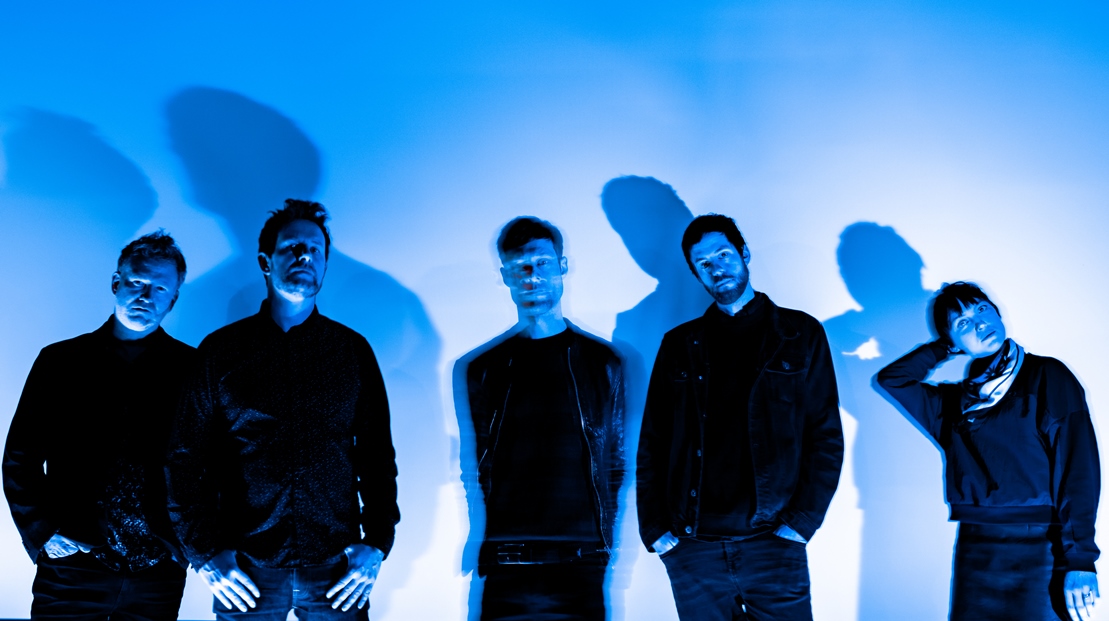

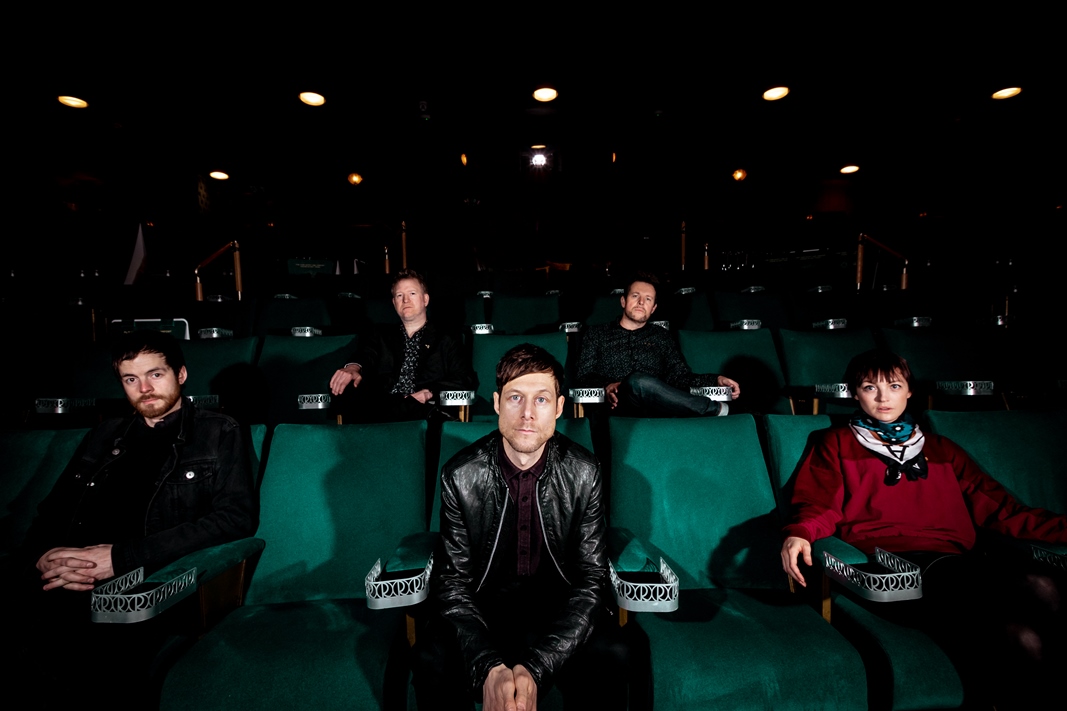
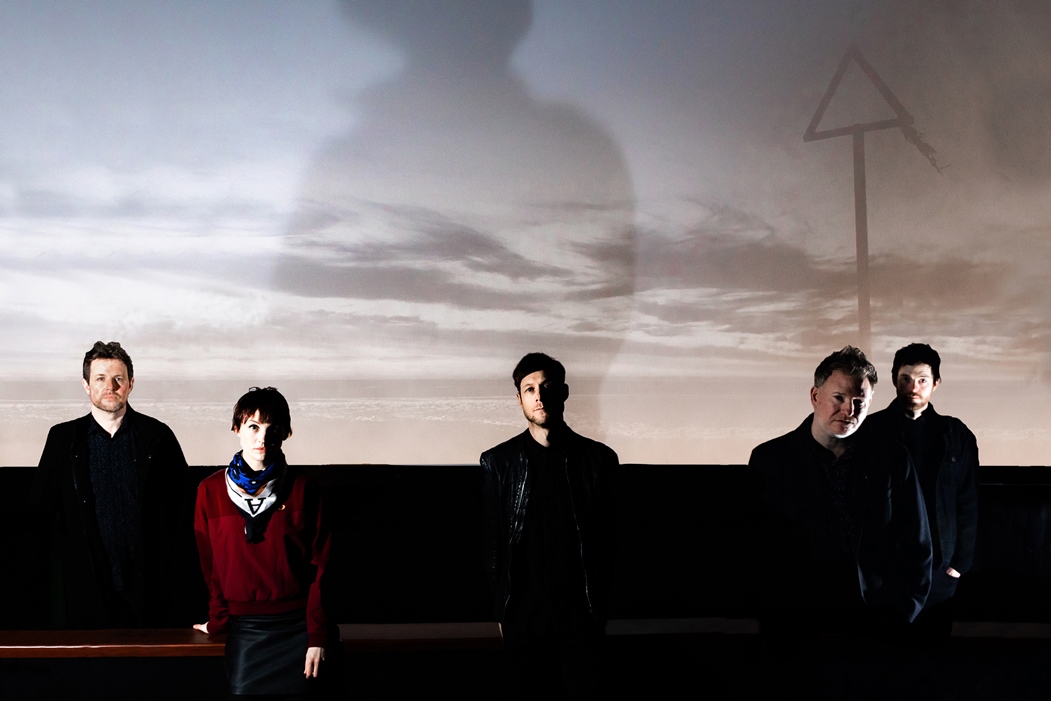
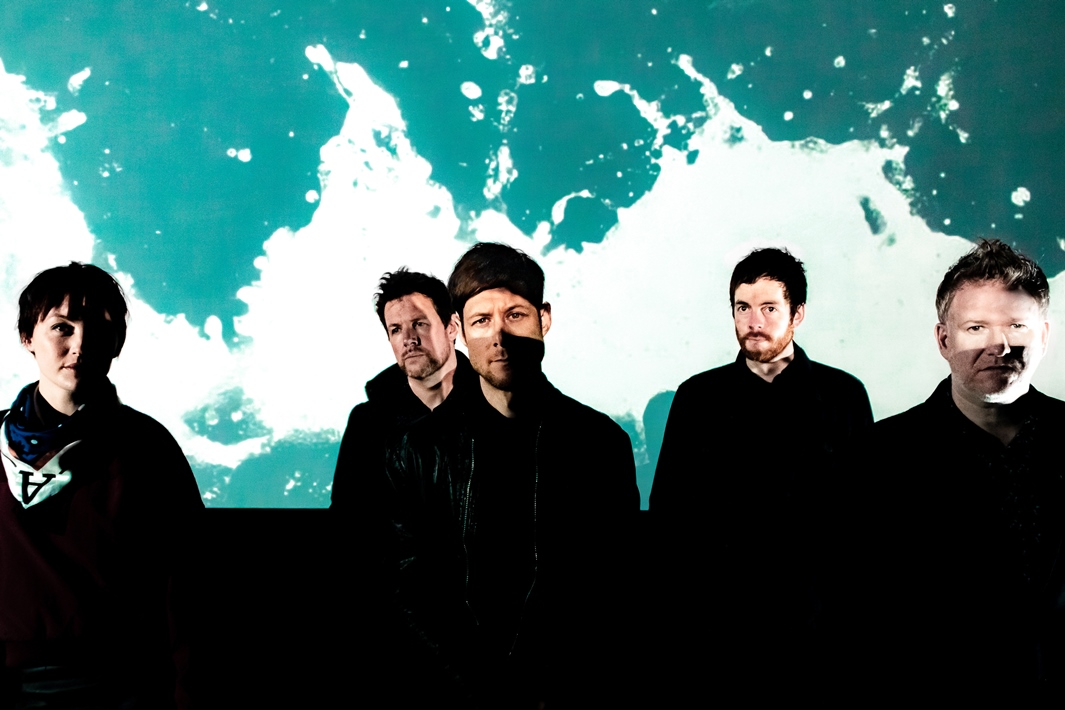
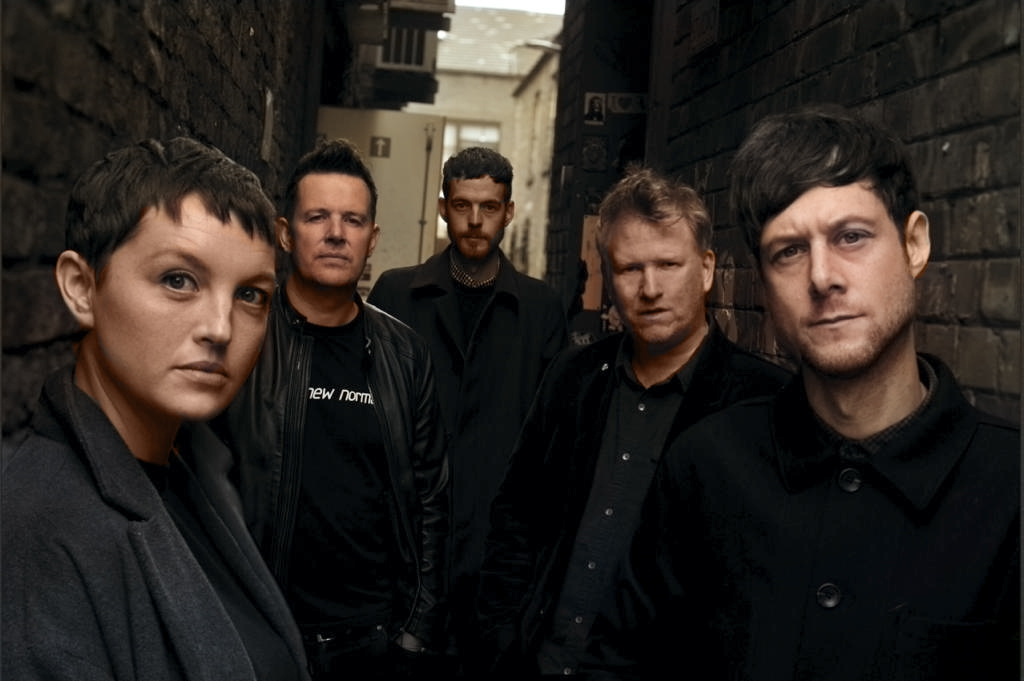


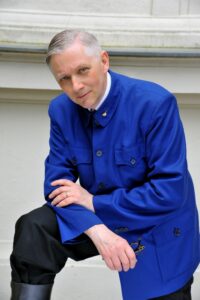
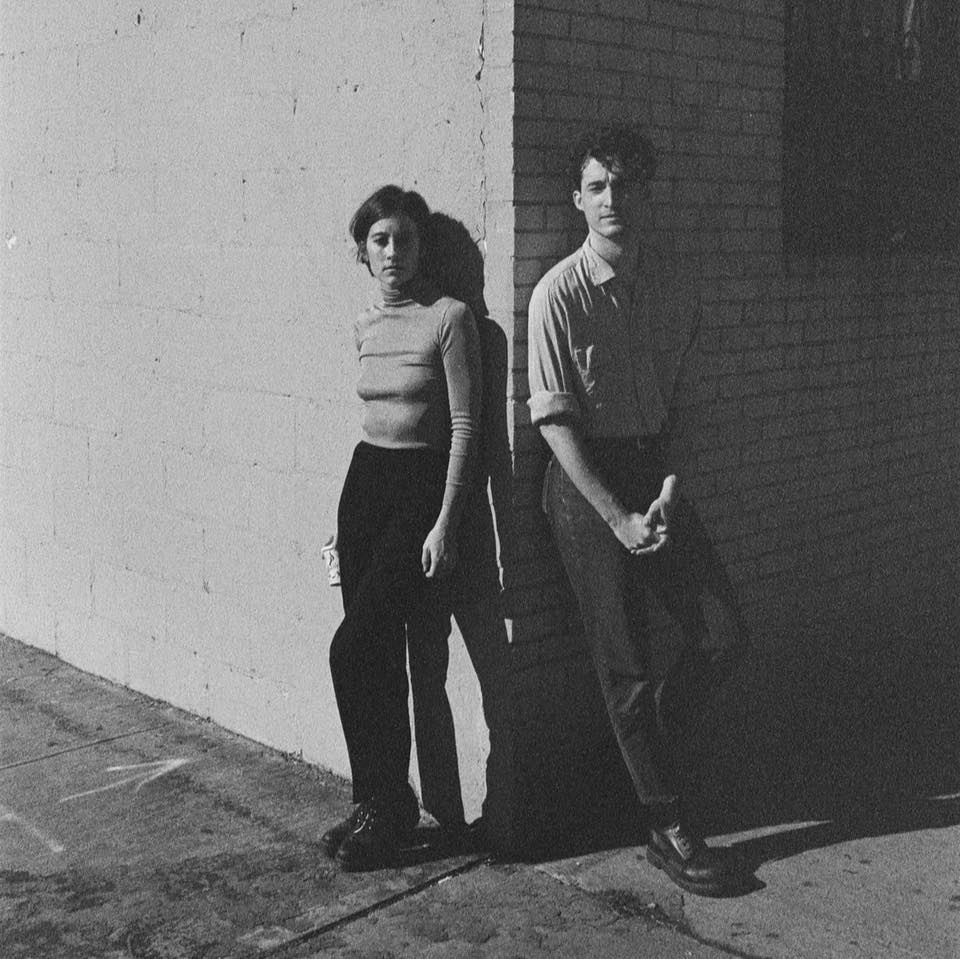
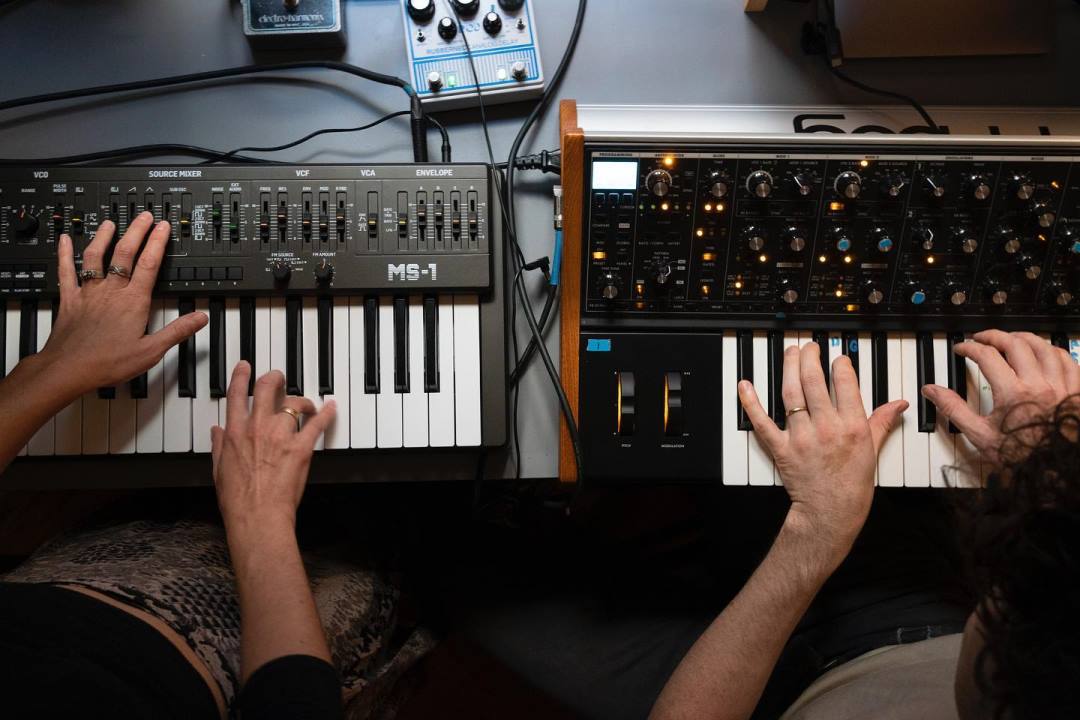
Follow Us!